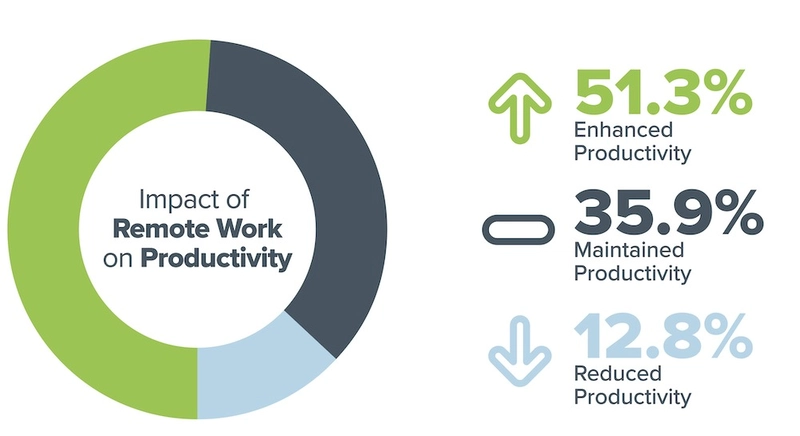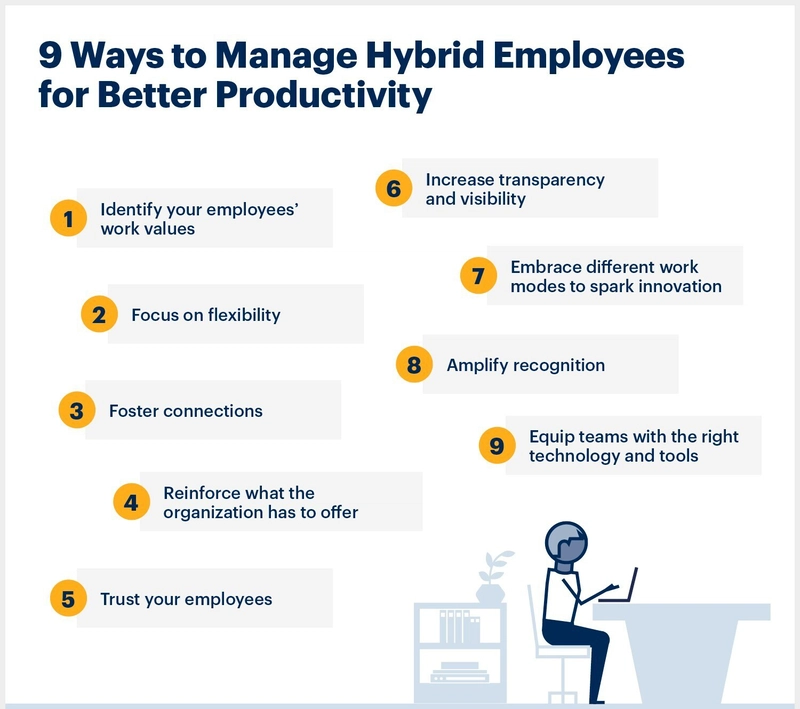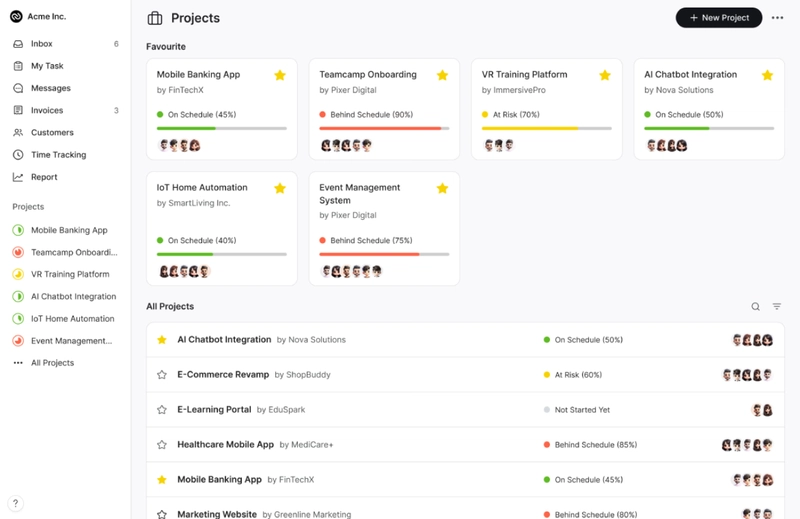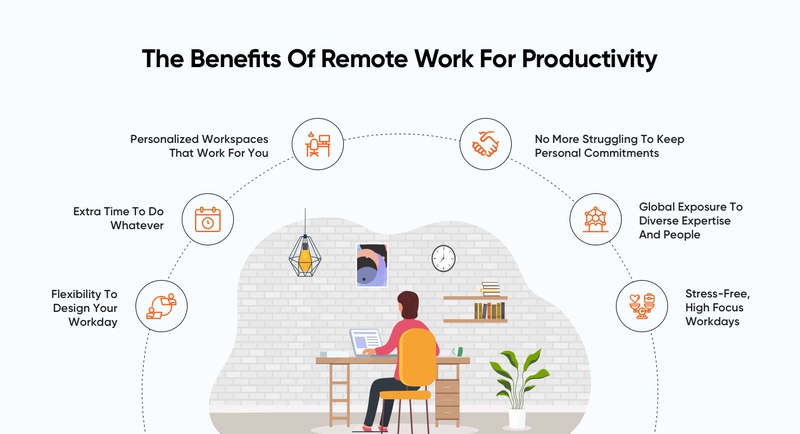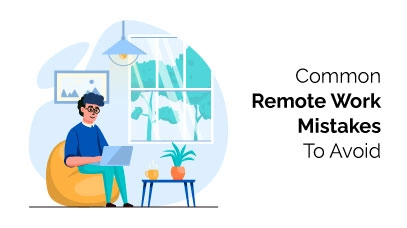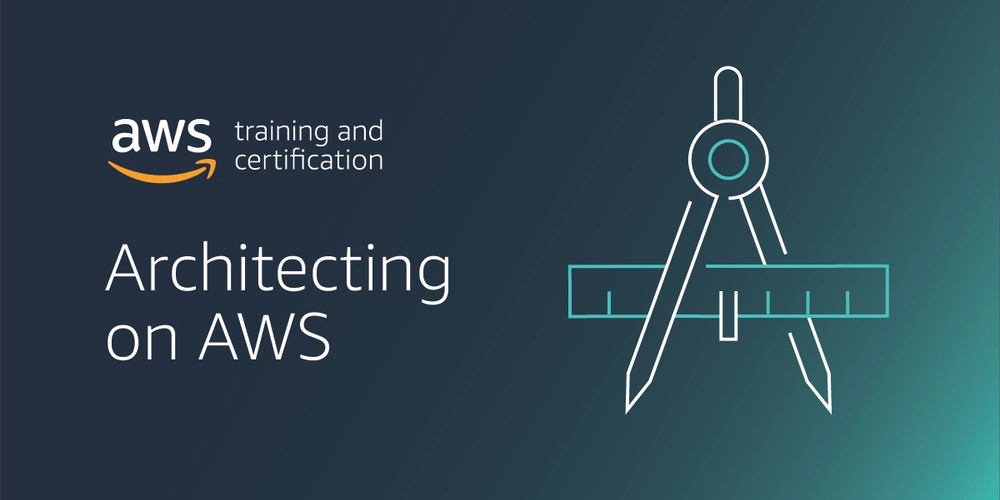How Developers Can Maximize Productivity While Working Remotely in 2025
Introduction The software development landscape has transformed dramatically in recent years, with remote work becoming the standard rather than the exception. As we navigate through 2025, developers face unique challenges and opportunities to maintain peak productivity while working remotely. Studies show that developers save approximately 72 minutes daily by eliminating commutes, providing more time for coding and innovation. However, maximizing this potential requires intentional strategies and the right tools. The Current State of Remote Development Remote work has revolutionized how developers collaborate and contribute to projects. According to recent research, remote developers report higher job satisfaction and improved work-life balance, with fewer late nights and weekend coding sessions compared to pre-pandemic levels. Organizations embracing remote work have access to global talent pools, fostering diversity and innovation in their development teams. Despite these advantages, remote developers face significant challenges: Communication barriers and misaligned expectations Time zone differences complicate collaboration Home environment distractions Feelings of isolation and disconnection Project management complexities The good news? These challenges can become stepping stones toward greater efficiency and team performance when approached strategically. Essential Skills for Remote Developers in 2025 Technical Proficiency Remote developers in 2025 need mastery of versatile programming languages like JavaScript, Python, TypeScript, and Rust to remain competitive. Beyond coding skills, proficiency with collaboration tools and version control systems is essential for seamless remote teamwork. Emerging Technical Areas Several technical domains are becoming increasingly valuable for remote developers: AI and Machine Learning: Skills in artificial intelligence and machine learning are in high demand, enabling developers to leverage data-driven insights and integrate intelligent systems into applications. Blockchain Development: Security and transparency in data transactions make blockchain expertise increasingly valuable. AR/VR Development: Creating immersive experiences for e-commerce, education, and gaming represents an emerging opportunity for remote developers. Soft Skills for Remote Success Technical abilities alone aren't enough. Remote developers must excel at the following: Clear written and verbal communication Self-motivation and time management Adaptability and problem-solving Collaboration across cultural and time zone differences Productivity Strategies for Remote Developers 1. Establish Clear Goals and Expectations Setting SMART (Specific, Measurable, Achievable, Relevant, Time-bound) goals is crucial for remote developers. Studies show that individuals with precise, challenging goals outperform those with vague goals by up to 90%. Using project management tools to track progress helps maintain alignment with team objectives. 2. Create an Optimized Workspace A dedicated, distraction-free workspace significantly improves focus and productivity. Invest in: Ergonomic furniture to prevent physical strain Noise-canceling headphones to minimize distractions Reliable internet connection with backup options Proper lighting to reduce eye strain 3. Implement Effective Time Management Remote developers benefit from structured approaches to time management: Focus Sessions: The Pomodoro Technique (25-minute work intervals followed by 5-minute breaks) can increase productivity by up to 31%. Time Blocking: Designate specific hours for deep work, meetings, and administrative tasks. Minimize Distractions: Use tools like Freedom or StayFocusd to block distracting websites during work hours. 4. Leverage the Right Tools The tools you use directly impact your productivity. Modern development requires: AI Coding Assistants: Tools like GitHub Copilot can help developers complete tasks 21% faster by providing real-time code suggestions and automating routine tasks. Integrated Development Environments (IDEs): Advanced IDEs like JetBrains IntelliJ IDEA, Microsoft Visual Studio, and Eclipse offer intelligent code assistance and project management features. Collaboration Platforms: Comprehensive solutions that integrate communication, task management, and documentation. How Teamcamp Enhances Remote Developer Productivity Enhance Productivity with Teamcamp Teamcamp has emerged as a standout project management tool in 2025, specifically designed for remote development teams. Unlike traditional project management solutions, Teamcamp consolidates everything developers need in one place. Key Features Centralized Workspace: Consolidates tasks, documents, and discussions into one platform for seamless collaboration.

Introduction
The software development landscape has transformed dramatically in recent years, with remote work becoming the standard rather than the exception.
As we navigate through 2025, developers face unique challenges and opportunities to maintain peak productivity while working remotely. Studies show that developers save approximately 72 minutes daily by eliminating commutes, providing more time for coding and innovation.
However, maximizing this potential requires intentional strategies and the right tools.
The Current State of Remote Development
Remote work has revolutionized how developers collaborate and contribute to projects. According to recent research, remote developers report higher job satisfaction and improved work-life balance, with fewer late nights and weekend coding sessions compared to pre-pandemic levels. Organizations embracing remote work have access to global talent pools, fostering diversity and innovation in their development teams.
Despite these advantages, remote developers face significant challenges:
- Communication barriers and misaligned expectations
- Time zone differences complicate collaboration
- Home environment distractions
- Feelings of isolation and disconnection
- Project management complexities
The good news? These challenges can become stepping stones toward greater efficiency and team performance when approached strategically.
Essential Skills for Remote Developers in 2025
Technical Proficiency
Remote developers in 2025 need mastery of versatile programming languages like JavaScript, Python, TypeScript, and Rust to remain competitive. Beyond coding skills, proficiency with collaboration tools and version control systems is essential for seamless remote teamwork.
Emerging Technical Areas
Several technical domains are becoming increasingly valuable for remote developers:
- AI and Machine Learning: Skills in artificial intelligence and machine learning are in high demand, enabling developers to leverage data-driven insights and integrate intelligent systems into applications.
- Blockchain Development: Security and transparency in data transactions make blockchain expertise increasingly valuable.
- AR/VR Development: Creating immersive experiences for e-commerce, education, and gaming represents an emerging opportunity for remote developers.
Soft Skills for Remote Success
Technical abilities alone aren't enough. Remote developers must excel at the following:
- Clear written and verbal communication
- Self-motivation and time management
- Adaptability and problem-solving
- Collaboration across cultural and time zone differences
Productivity Strategies for Remote Developers
1. Establish Clear Goals and Expectations
Setting SMART (Specific, Measurable, Achievable, Relevant, Time-bound) goals is crucial for remote developers. Studies show that individuals with precise, challenging goals outperform those with vague goals by up to 90%. Using project management tools to track progress helps maintain alignment with team objectives.
2. Create an Optimized Workspace
A dedicated, distraction-free workspace significantly improves focus and productivity. Invest in:
- Ergonomic furniture to prevent physical strain
- Noise-canceling headphones to minimize distractions
- Reliable internet connection with backup options
- Proper lighting to reduce eye strain
3. Implement Effective Time Management
Remote developers benefit from structured approaches to time management:
- Focus Sessions: The Pomodoro Technique (25-minute work intervals followed by 5-minute breaks) can increase productivity by up to 31%.
- Time Blocking: Designate specific hours for deep work, meetings, and administrative tasks.
- Minimize Distractions: Use tools like Freedom or StayFocusd to block distracting websites during work hours.
4. Leverage the Right Tools
The tools you use directly impact your productivity. Modern development requires:
- AI Coding Assistants: Tools like GitHub Copilot can help developers complete tasks 21% faster by providing real-time code suggestions and automating routine tasks.
- Integrated Development Environments (IDEs): Advanced IDEs like JetBrains IntelliJ IDEA, Microsoft Visual Studio, and Eclipse offer intelligent code assistance and project management features.
- Collaboration Platforms: Comprehensive solutions that integrate communication, task management, and documentation.
How Teamcamp Enhances Remote Developer Productivity
Enhance Productivity with Teamcamp
Teamcamp has emerged as a standout project management tool in 2025, specifically designed for remote development teams. Unlike traditional project management solutions, Teamcamp consolidates everything developers need in one place.
Key Features
- Centralized Workspace: Consolidates tasks, documents, and discussions into one platform for seamless collaboration.
- AI-Powered Task Optimization: Leverages intelligent algorithms to rank tasks smartly, forecast project deadlines, and streamline resource distribution for maximum efficiency.
- Centralized Communication Platform: Brings together messaging, Files & document sharing in one unified space, simplifying team collaboration and minimizing tool overload.
- Customizable Dashboards: Offers highly customizable dashboards that Monitor real-time updates on project progress, critical milestones, and performance metrics.
Real-World Impact
Organizations using Teamcamp report significant improvements in their development processes:
- 3.2x increase in client satisfaction
- 28% faster project delivery
- 32% reduction in administrative work
- 42% lower overhead costs
These improvements stem from Teamcamp's ability to streamline workflows, reduce context-switching, and provide clear visibility into project status and priorities.
Case Study: Full Scale's Remote Success
Full Scale's transition to remote work provides valuable insights for development teams. In March 2020, they successfully moved over 100 developers to a fully remote environment within 72 hours.
Their strategic implementation included:
- Restructuring 45+ development teams
- Implementing virtual development environments
- Enhancing security protocols for remote access
The results were impressive:
- Sprint completion rates improved from 95% to 98%
- Code review efficiency increased by 40%
- Client satisfaction scores rose from 92% to 97%
- Overall team productivity increased by 27%
Full Scale's success demonstrates that remote development teams can achieve exceptional results with the right tools and processes.
Building a Productivity-Focused Remote Culture
Creating a culture that values both productivity and developer well-being requires thoughtful leadership:
Set Clear Goals & Objectives
Define measurable and achievable project kickoff meeting targets to align everyone's expectations. This fosters a mutual alignment on key goals and what defines success.
Define Roles & Responsibilities
Assign specific tasks to team members to prevent overlaps and ensure efficient execution. Clear role definition reduces confusion and increases accountability.
Foster Effective Communication
Ensure seamless collaboration between stakeholders with regular status updates. Establish communication norms that respect time zones and work preferences.
Embrace Continuous Improvement
Learn from past projects to enhance future outcomes. Regular retrospectives help teams identify what's working and what needs adjustment.
Avoiding Common Remote Work Pitfalls
Even with the best tools and intentions, remote developers can fall into productivity traps:
- Tool Overload: Stick to essential platforms instead of juggling multiple tools that create context-switching costs.
- Isolation: Schedule regular virtual social events and collaborative coding sessions to maintain team cohesion.
- Burnout: Encourage clear boundaries between work and personal time to prevent exhaustion.
- Communication Gaps: Establish clear documentation practices and communication protocols to ensure information flows smoothly.
Conclusion: The Future of Remote Development
As we continue through 2025, remote work remains a powerful force reshaping software development. The most successful development teams will be those that embrace the right combination of tools, strategies, and cultural practices.
By implementing powerful platforms like Teamcamp alongside thoughtful productivity strategies, development teams can dramatically increase their output while maintaining code quality and developer satisfaction. The future belongs to teams that can effectively collaborate across distances while maintaining the human connections that drive innovation.
Ready to transform your remote development workflow? Explore how Teamcamp can help your team collaborate more effectively, reduce administrative overhead, and deliver projects faster. Your path to enhanced developer productivity starts here.











































































































































































![[The AI Show Episode 142]: ChatGPT’s New Image Generator, Studio Ghibli Craze and Backlash, Gemini 2.5, OpenAI Academy, 4o Updates, Vibe Marketing & xAI Acquires X](https://www.marketingaiinstitute.com/hubfs/ep%20142%20cover.png)



























































































































![[FREE EBOOKS] The Kubernetes Bible, The Ultimate Linux Shell Scripting Guide & Four More Best Selling Titles](https://www.javacodegeeks.com/wp-content/uploads/2012/12/jcg-logo.jpg)



![From drop-out to software architect with Jason Lengstorf [Podcast #167]](https://cdn.hashnode.com/res/hashnode/image/upload/v1743796461357/f3d19cd7-e6f5-4d7c-8bfc-eb974bc8da68.png?#)






































































































.png?#)




.jpg?#)































_Christophe_Coat_Alamy.jpg?#)









































































































![Rapidus in Talks With Apple as It Accelerates Toward 2nm Chip Production [Report]](https://www.iclarified.com/images/news/96937/96937/96937-640.jpg)





































































































































